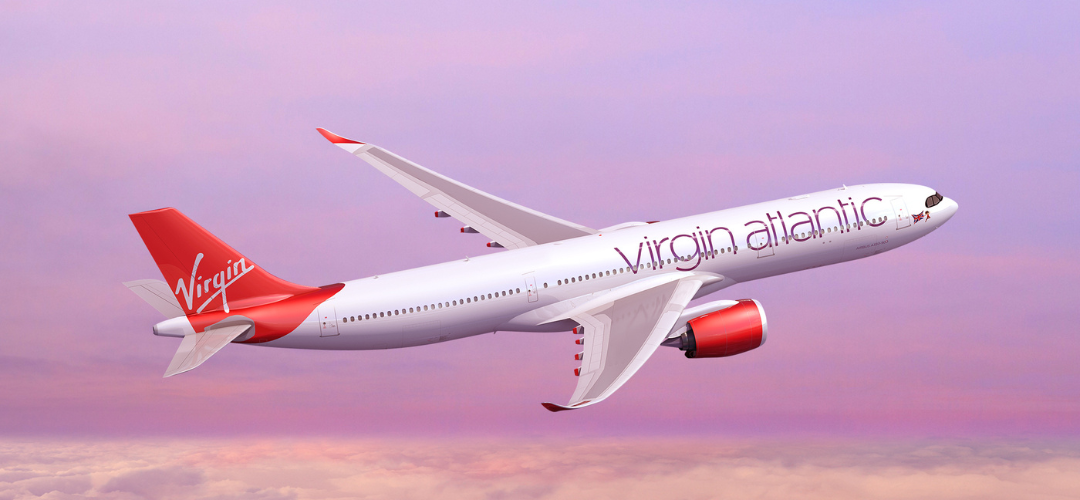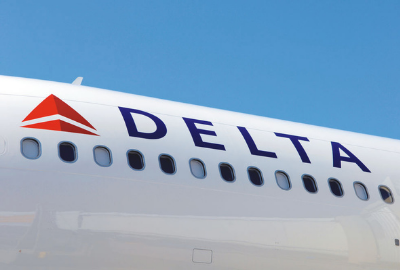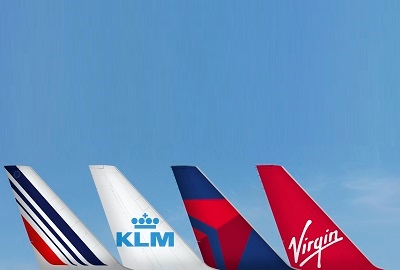Virgin Atlantic: committed to reducing carbon emissions with SAF
Virgin Atlantic has made significant progress in reducing its carbon emissions by modernising its fleet. Investing in sustainable aviation fuels (known as SAF) will take Virgin further on its road to net zero carbon flying.
SAF is produced using a range of sustainable feedstocks, from used cooking oil, non-food crops, biomass waste and industrial waste gasses from processes such as steel making. Since 2011, over 365,000 commercial flights have been powered using SAF within the industry.
 Virgin Atlantic A330neo
Virgin Atlantic A330neo
Virgin believes that, by 2050, synthetic SAF, made using hydrogen from low emission sources and CO₂ captured from industrial processes or from the air, could account for 30 to 40% of the emissions reductions from aviation. The airline is ready to implement SAF in its operation. "We will start to use SAF as soon as it becomes readily available and have committed to use SAF for 10% of our fuel consumption by 2030," Virgin Atlantic said in a statement.
The airline has been working with industry partners such as LanzaTech, Carbon Engineering and Storegga to help deliver one of the very first SAF production plants in the UK. The plant will be built in Port Talbot. Virgin Atlantic in the statement: "We will secure contracts for other sources of SAF over the coming years to help us deliver on our commitment to decarbonise our flying."


